Saudi warplanes target Yemeni hospital amid increased airstrikes
Fighter jets of the war coalition, led by Saudi Arabia, have carried out new aerial assaults on residential areas in the Yemeni provinces of Sana’a and Hudaydah, killing at least two civilians.
Early on Thursday, Yemen’s al-Masirah TV channel reported that Saudi-led warplanes had targeted areas in Sana’a’s Sanhan district and inflicted damage to a hospital there.
Four hospital staffers were injured, two of them critically.
Similar airstrikes on Hudaydah’s al-Garrahi district also claimed the lives of two Yemenis, according to a separate al-Masirah report.
Saudi Arabia launched the devastating military aggression against its southern neighbor in March 2015 in collaboration with a number of its allied states and with arms and logistics support from the US and several Western states.
The aim was to return to power the former Riyadh-backed regime and crush the popular Ansarullah movement which has been running state affairs in the absence of an effective government in Yemen.
The war has stopped well shy of all of its goals, despite killing tens of thousands of Yemenis and turning entire Yemen into the scene of the world’s worst humanitarian crisis.
Meanwhile, Yemeni forces have in recent months gone from strength to strength against the Saudi-led invaders and left Riyadh and its allies bogged down in Yemen.
UN: $3.9bn needed for help in Yemen
On Wednesday, a top UN humanitarian official said the world body will require about $3.9 billion this year to help 16 million Yemenis.
Acting Assistant Secretary-General for Humanitarian Affairs and Deputy Emergency Relief Coordinator Ramesh Rajasingham told the UN Security Council that “the biggest constraint right now is funding.”
“Last year’s response plan was 58 per cent funded, making it the lowest funded appeal for Yemen since 2015,” he added, reminding that the lack of financial support had forced the World Food Programme (WFP) to announce food cuts for eight million people in Yemen.
Rajasingham also appealed to donors for increased support, warning that “other vital programmes, including water, protection and reproductive health services, have also been forced to scale back or close in recent weeks for lack of funds.”

Yemen's army targets Tel Aviv, downs Giant Shark F360 drone in Sa’daa amid Israel’s genocide in Gaza

Houthi: Intensified US aggression against Yemen failed
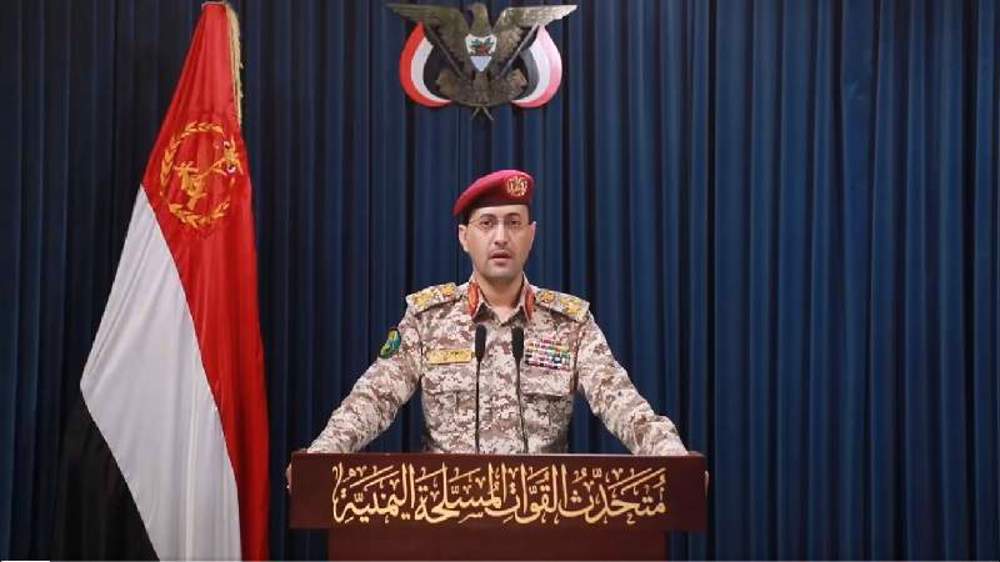
Yemen’s army thwarts two US attacks: Spokesman
Britain urges Israel to respect Syria’s borders, prioritize diplomacy
Israel assaults trigger biggest West Bank displacement since 1967: UNRWA
‘No land for children’: UN says Israel kills or wounds 100 children in Gaza each day
VIDEO | British Medical Association cancels pro-Palestinian doctor’s speech
Trump admin. to freeze Brown grants, impose Harvard restrictions over pro-Palestinian protests
VIDEO | Yarmouk demonstrations condemn Israeli attacks on Syria, Palestine
VIDEO | Indian parliament approves controversial Muslim Waqf law
Yemen's army targets Tel Aviv, downs Giant Shark F360 drone in Sa’daa amid Israel’s genocide in Gaza


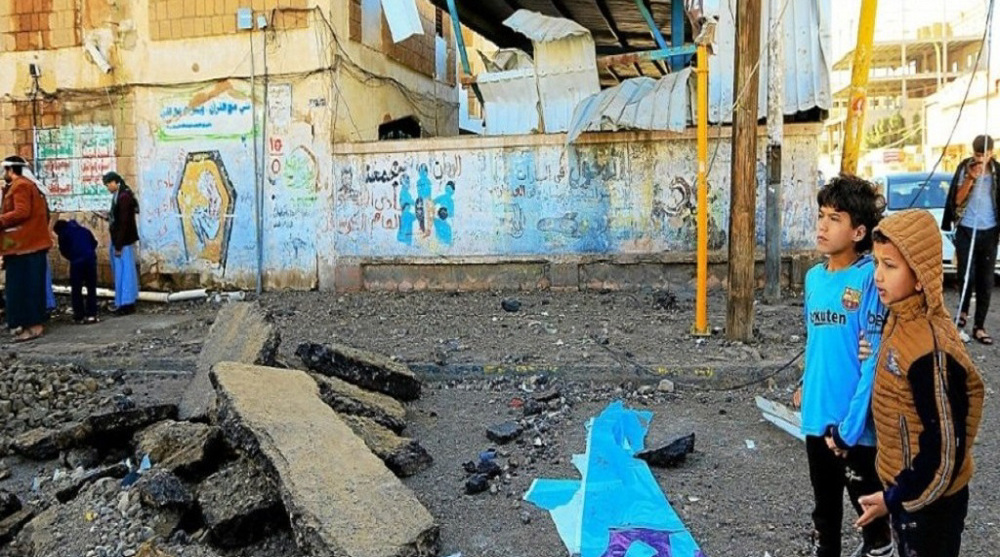
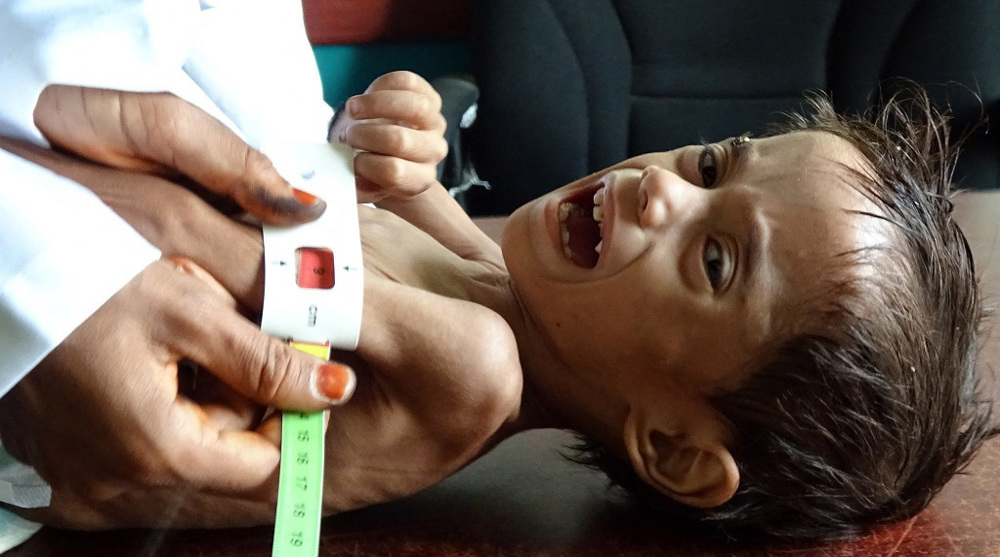



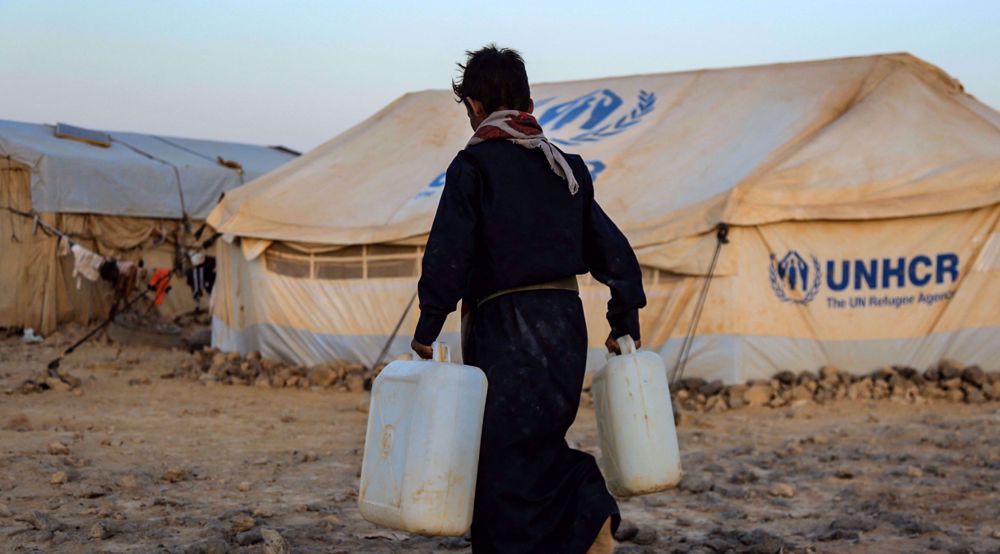
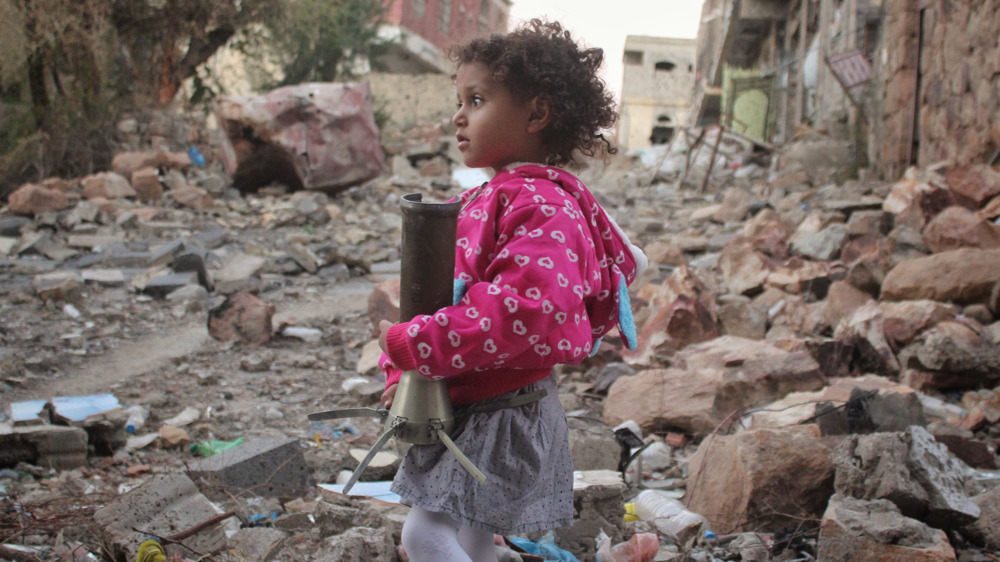
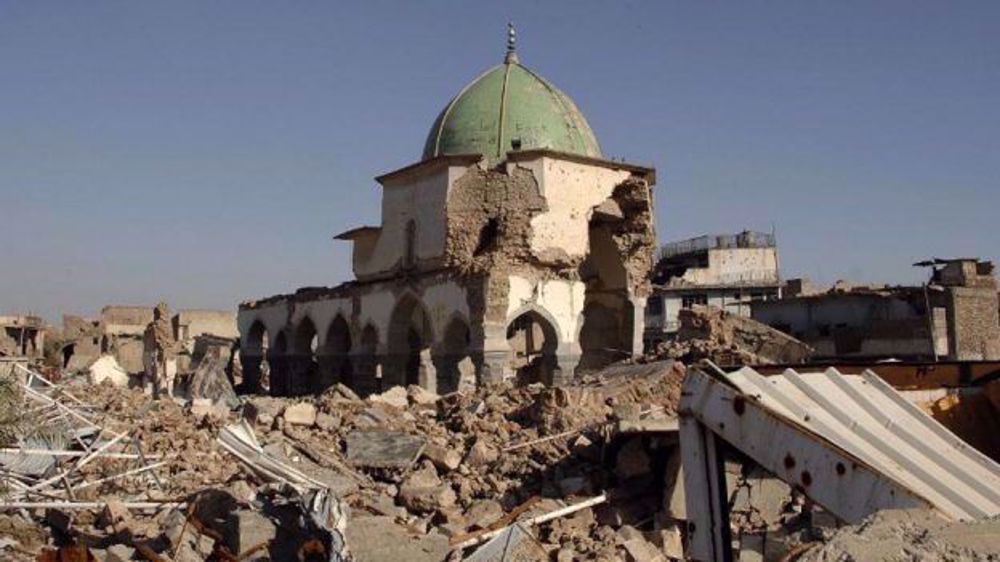
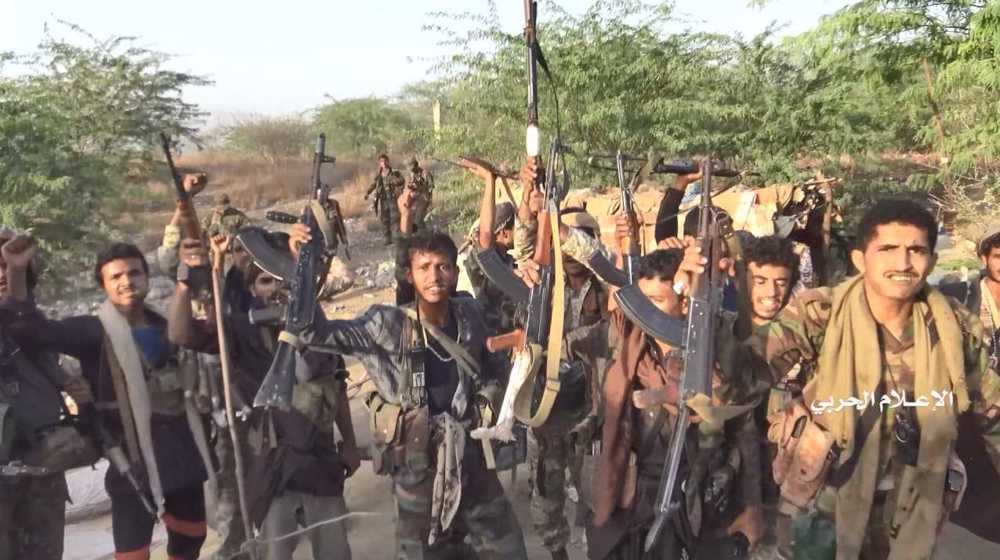
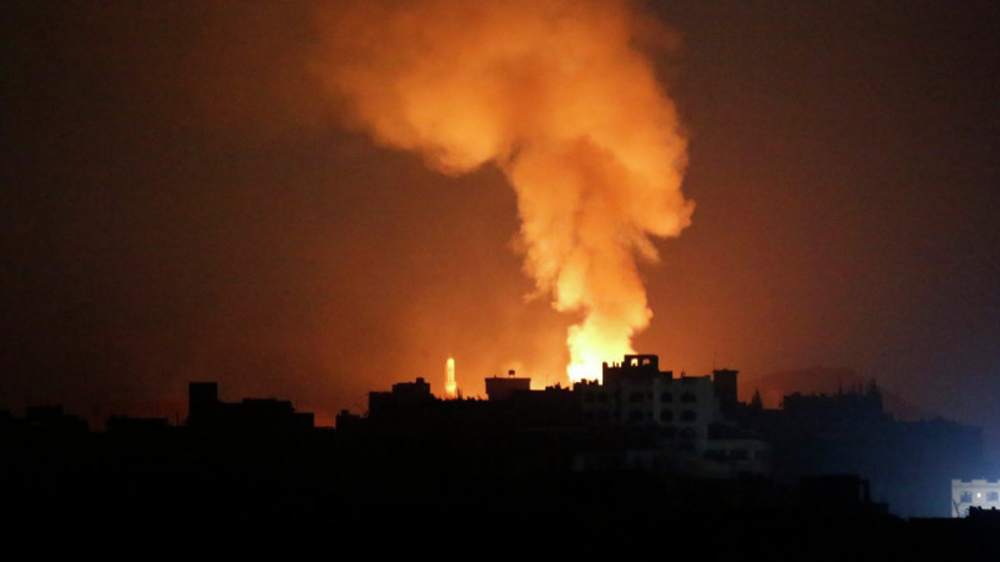

 This makes it easy to access the Press TV website
This makes it easy to access the Press TV website